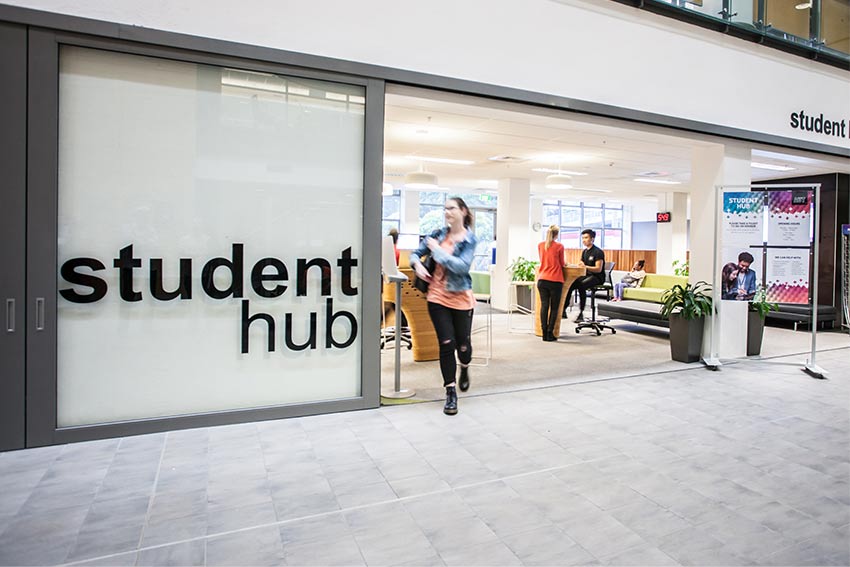My mind - mental and emotional wellbeing
Taha hinengaro is your mental and emotional wellbeing. Mental health isn’t just the absence of mental illness, it is the ability to feel, think and act in a way that makes life good.
On this page
Having a positive mindset
No one is happy all the time. It is normal to have good and bad days, to feel upset or angry. Being mentally well is the ability to feel good most of the time, to be connected, supported, engaged in meaningful goals, while being free of physical pain and mental abuse.
Having a positive mindset means having the ability to see the good side of things but also the strength to push past challenges or bounce back from setbacks.
There is no single recipe for happiness but it always includes elements of physical, spiritual and social wellbeing. Physical activity or laughing for example will trigger the release of endorphins, your body’s natural feel-good chemicals. Caring for each of the four cornerstones of your wellbeing is how you find your happy place.
Drugs and alcohol, poor diet or lack of sleep affect your brain in ways that are detrimental to your mental health.
Mental health awareness
Mental health illnesses are acute disorders that impact our ability to function effectively. They are treatable medical conditions that can affect anyone.
Managing stress while studying
Stress is your body’s natural reaction to pressure or threat. Some stress can be good and help motivate you to achieve a goal. But when you are under too much stress for too long, it affects your mental wellbeing and makes you vulnerable. Stress can also make you physically unwell by weakening your immune system.
Don’t wait until it gets too much. Joining a study group, talking to a counsellor or getting the right assistance may be all you need to get past a difficult time.
Get in touch with the Student Hub to find out about AUT’s student services
Bullying and harassment
Bullying and harassment are unwanted behaviours that make it difficult to study, work or live peacefully and safely. AUT is committed to addressing any unwanted behaviour on campus but also supporting students feeling threatened at home or anywhere outside of campus.
Report an incident or get support
Helping others
People rarely get better when left alone. Helping someone else means noticing that something is off and deciding to take action. It doesn’t mean that you need to have a solution. Listening is taking action.
When helping someone, take care to understand the full picture. Their past experiences, culture, upbringing, family situations may be very different from your own circumstances. Ask open questions and keep your body language neutral to show that you care.

Counselling and mental health support


Student Hub
Hauora/wellbeing support

Make a booking with a student advisor to discuss your wellbeing. They will help you assess your needs and direct you to other campus services if required.